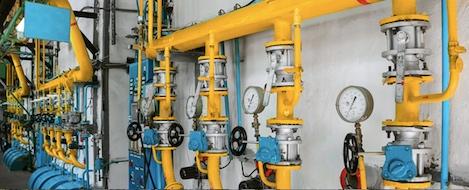
By Brian Collett — A sustainable fuel from wastewater is being developed by the SEAT S.A. car maker and the Spanish water management company Aqualia.
The two companies have combined to produce the biofuel biomethane from treated organic waste. The new fuel would cut carbon dioxide emissions by up to 80 per cent.
One part of the project being built at a sewage treatment plant serving Barcelona separates the gas from solid waste. Another, at the University of Santiago de Compostela, removes nitrogen from the biogas so that it can be refined for use in vehicles.
A third unit is to be built to create biomethane from farm animal manure.
The fuel from waste is one of several cutting-edge recycling operations now emerging from household name large corporates.
The US multinational Nike has produced shoe packaging from throwaways, including milk and fruit juice containers and coffee beaker lids.
Nike has formed a partnership with the Taiwanese company Miniwiz to create the packaging. The boxes themselves are designed with an interlocking component enabling them to be stacked for display or storage.
Other companies are re-using plastic dumped in the sea. The German multinational Adidas, Europe’s largest sportswear manufacturer, has produced running shoes and soccer jerseys from plastic recovered in coastal areas of the Maldives. It hopes to make a million pairs of shoes with ocean plastic this year.
Eric Liedtke, the Adidas global brands board member, said: “Our ultimate ambition is to eliminate virgin plastic from our supply chain.”
Procter & Gamble, the US consumer goods group, aims to produce half a million shampoo bottles with 25 per cent recycled beach plastic every year from the end of 2018.
Dell, the US multinational computer technology company, is now producing the IT industry’s first packaging trays made from recycled ocean plastic. This product is part of the company’s effort to achieve totally sustainable packaging by 2020.
TriplePundit has published articles from over 1000 contributors. If you'd like to be a guest author, please get in touch!














